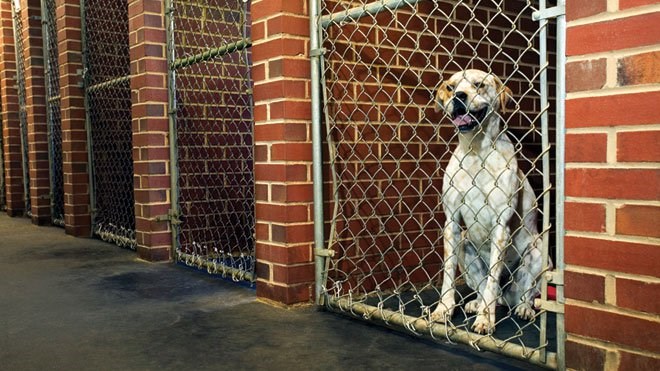That was some of the conclusions of a review of the city's service conducted by the Matrix Consulting Group. They were hired after a disastrous process in 2014 that saw animal control costs soar without any service improvements.
That was because there was only one bidder for the work, and by the time the city realized no one else was stepping forward, the existing contract was about to expire.
Rainbow District, which has held the contract for several years, increased costs as a result of new requirements the city brought in, including new tracking of complaints and uniform requirements for staff.
But Alan Pennington, Matrix vice-president, said no matter what changes Greater Sudbury makes to animal control policies, their costs are unlikely to go down.
“Your costs are in line with what other municipalities your size pay,” Pennington said.
However, he recommended against bringing the entire contract in house, which would be much more expensive.
“Bringing all services in-house would increase costs anywhere between 1.25 to over two times existing costs, depending upon the infrastructure costs required for acquiring and managing a pound,” he said.
Bylaw enforcement, however, should be brought in-house. It would require hiring the equivalent of three full-time employees, at an annual cost of $135,000. He suggested that take the form of six part-time officers, who would work later shifts or weekends.
That would allow for more strict enforcement of the city's pet licensing and other animal control policies, increasing revenue by a significant amount and offsetting the costs of the new staff.
And by taking on the bylaw enforcement responsibility, Pennington said more local groups could potentially bid on the contract.
Having to hire bylaw enforcement officers is a major impediment for rescue and other local groups to bidding on the contract, he said.
“If you bring bylaw enforcement in house, you take away a major barrier,” Pennington said.
And breaking up the city into as many as three geographic zones would make it more feasible for smaller groups to bid on the work.
The contract should also be for five years, with three-year renewal options, to make it worthwhile for groups to invest the money needed to handle the work.
“They're going to need a longer term to make those investments.”
Costs could be substantially reduced if licensing rules are more strictly enforced. But Pennington admitted that wouldn't be a popular move among pet owners.
“That means you are going to upset some people who don't want to license their pets,” he said. “And it's going to require someone to focus on this full time.”
Other recommendations include:
- Adopting a low-kill policy, which is already in effect, but should be made formal.
- A low-kill policy means more than 90 per cent of animals in the shelter are not euthanized.
- Bringing in a pilot program at a cost of $15,000 in which they trap, neuter, then release strays to stem the growing population of unwanted cats and dogs.
A foster care program for cat and dogs who have to spend a long time in shelters. Those animal often develop behavioural problems that foster care can address.
Efforts to help pet owners who are struggling and may be forced to surrender their animals.
Tuesday's presentation to city council was for information only, and will be considered when the new animal contract expires later this year.
